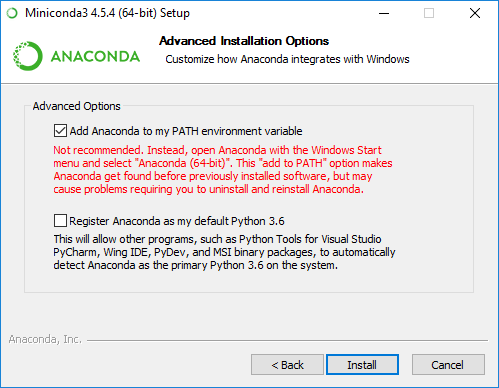Welcome to the GitHub repository for the Cornell Astronomy Summer 2020 Python workshop!
Conveners: Dylan Cromer, Eamonn O’Shea, Ishan Mishra
| Info | |
|---|---|
| Zoom link | sent via email |
| Thursday, 11th June 2020 / 12:00 - 13:00 | |
| Dates and time | Tuesday, 16th June 2020 / 11:00-12:00 |
| Wednesday, 17th June 2020 / 11:00-12:00 | |
| Shared notes | Google Docs |
Our goal is to provide an introduction and overview of the Python programming language and ecosystem, including the base python languare features and some libraries which are widely used both inside and outside of astronomy.
We will be using jupyter notebooks throughout, which are a great tool to interactively write python code, and easily do things such as plotting and visualization all in one place.
We have some info on installing python, along with an introductory jupyter notebook to cover some basics, which are linked in the 'Before the Workshop' section below. Along with these introductory concepts, we will introduce you to:
- The python ecosystem, and jupyter notebooks.
- The basic libraries of numerical and scientific computing, NumPy and SciPy.
- How to visualise and plot data using matplotlib
- Libraries for easily working with data, such as Pandas.
We hope for this workshop to be a springboard from which you can learn much more about python, programming and working with software in astronomy and the sciences.
- Gain awareness of Jupyter notebook - a tool that can help you organize research notes and code in one place.
- Obtain basic proficiency in popular python packages frequently used in astronomy research.
- intro slides on "taxonomy" of the Python ecosystem
- work in breakout rooms on
day1.ipynb(Google Colab version) - more advanced NumPy array details
- Exploring plotting with matplotlib (
day2.ipynbor the Google Colab version)
- Data analysis using Pandas, Seaborn
day3.ipynbor the Google Colab version
If you would like to follow along interactively during the workshop, please do the following before the course starts:
- Download and install Anaconda (official installation instructions are here). Use the latest version of Python 3 and be sure to check the box that says "Add Anaconda to my PATH environment variable" if on Windows.
- Please go through the notebook CrashCourseInPython.ipynb in the 'intro' folder. It will help you revise the basic functionalities and concepts within Python.
- The CrashCourseInPython.ipynb file is a Jupyter notebook: an open-source web application that allows one to create and share documents that contain live code, equations, visualizations and narrative text. It comes pre-installed with package distributions like Anaconda. However, if you don't have access to Jupyter/Python on your computer (or run into issues installing Anaconda/Python), you can find an online interactive version of the notebook here!
